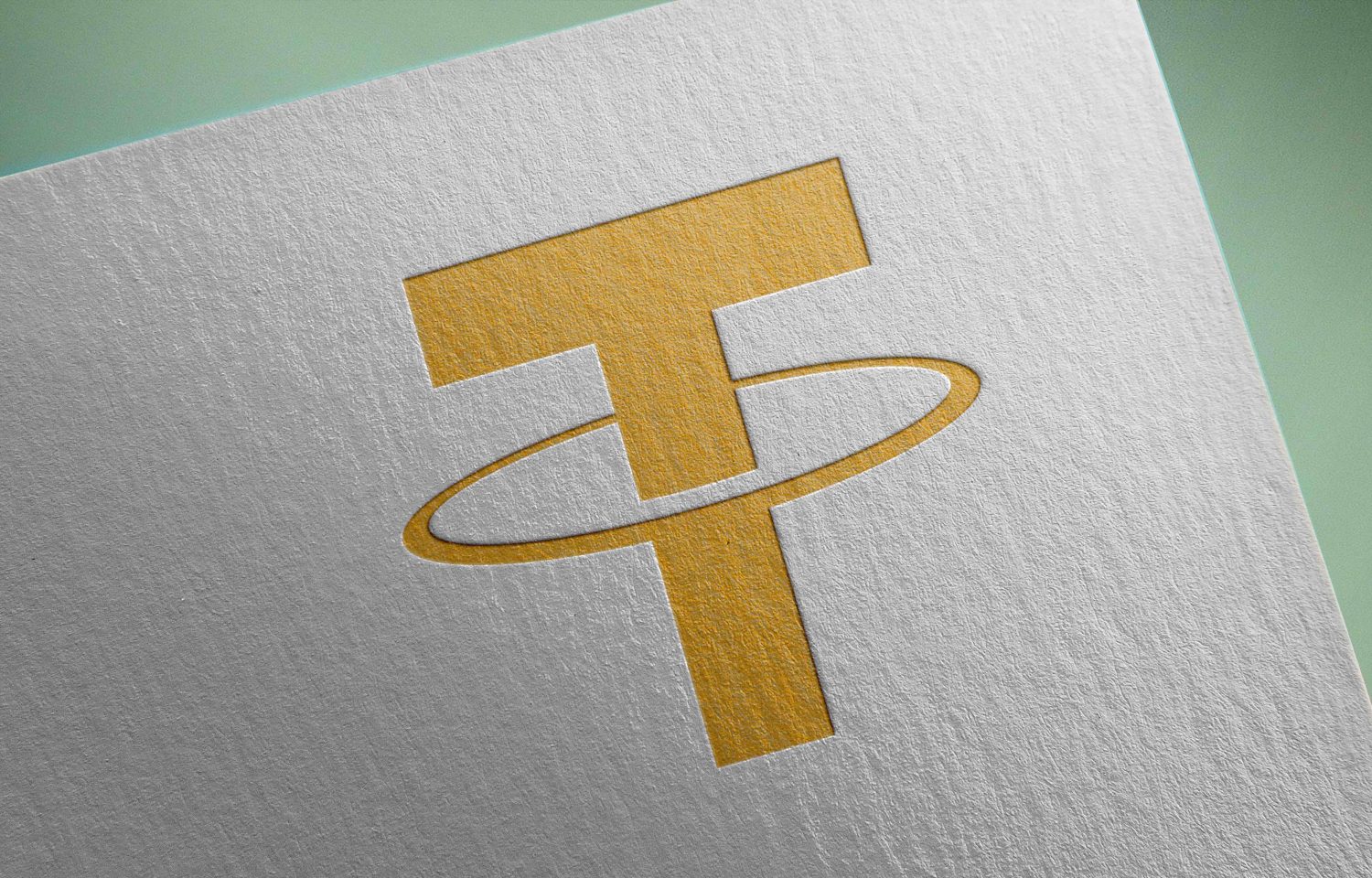Tether Steps Into AI With Open-Source Platform That Supports Crypto Payments
06.05.2025 12:00 2 min. read Alexander Stefanov
Tether, best known for powering the USDT stablecoin, is stepping beyond finance and into artificial intelligence.
The company has announced a new project called Tether AI, aimed at decentralizing access to machine learning tools and weaving crypto functionality directly into AI infrastructure.
The initiative centers around a platform called Personal Infinite Intelligence—an open-source system designed to run on virtually any device without relying on centralized APIs or third-party control. CEO Paolo Ardoino described the project as a way to make AI development more accessible and resilient, eliminating single points of failure and dependency on major tech providers.
One of the standout features of the platform is its built-in crypto payment capability. Developers will be able to integrate native support for Bitcoin and USDT payments using a toolkit likely tailored for wallets—potentially allowing autonomous AI agents to initiate blockchain transactions on their own.
This push into AI aligns with Tether’s broader strategy of branching into new sectors, including energy and education. By championing open-source, hardware-flexible AI systems, the company is joining a growing movement focused on creating decentralized alternatives to the cloud-based, closed AI models currently dominating the space.
While the exact timeline for launch remains unclear, Tether’s foray into AI reflects a broader trend within crypto, where developers are racing to combine blockchain technology with the next generation of intelligent systems.
-
1
Elon Musk’s X Prepares to Enter the Fintech Arena
20.06.2025 13:00 1 min. read -
2
China Pushes Digital Yuan Expansion as Global Currency Power Shifts
19.06.2025 17:00 1 min. read -
3
Bitget Wallet Teams Up with Mastercard to Launch Crypto-Powered Payment Card
01.07.2025 16:00 2 min. read -
4
Fiserv to Launch FIUSD Stablecoin Across Its Massive Banking Network
23.06.2025 21:00 1 min. read -
5
Mastercard Integrates Chainlink to Power Direct Crypto Access for Cardholders
25.06.2025 18:00 1 min. read
Bitget Wallet Teams Up with Mastercard to Launch Crypto-Powered Payment Card
Bitget Wallet has entered a strategic partnership with Mastercard and Web3 payment provider Immersve to launch a new payment card that allows users to spend cryptocurrencies directly from their digital wallets.
Robinhood to Launch Tokenized Shares of OpenAI and SpaceX for European Users
Robinhood CEO Vlad Tenev revealed plans on Monday to bring tokenized equity offerings to the European market, starting with shares in private tech giants OpenAI and SpaceX.
Key U.S. Events to Watch This Week That Could Impact Crypto
The first week of July brings several important developments in the United States that could influence both traditional markets and the cryptocurrency sector.
Here Is How Your Crypto Portfolio Should Look Like According to Investment Manager
Ric Edelman, one of the most influential voices in personal finance, has radically revised his stance on crypto allocation. After years of cautious optimism, he now believes that digital assets deserve a far larger share in investment portfolios than ever before.
-
1
Elon Musk’s X Prepares to Enter the Fintech Arena
20.06.2025 13:00 1 min. read -
2
China Pushes Digital Yuan Expansion as Global Currency Power Shifts
19.06.2025 17:00 1 min. read -
3
Bitget Wallet Teams Up with Mastercard to Launch Crypto-Powered Payment Card
01.07.2025 16:00 2 min. read -
4
Fiserv to Launch FIUSD Stablecoin Across Its Massive Banking Network
23.06.2025 21:00 1 min. read -
5
Mastercard Integrates Chainlink to Power Direct Crypto Access for Cardholders
25.06.2025 18:00 1 min. read


